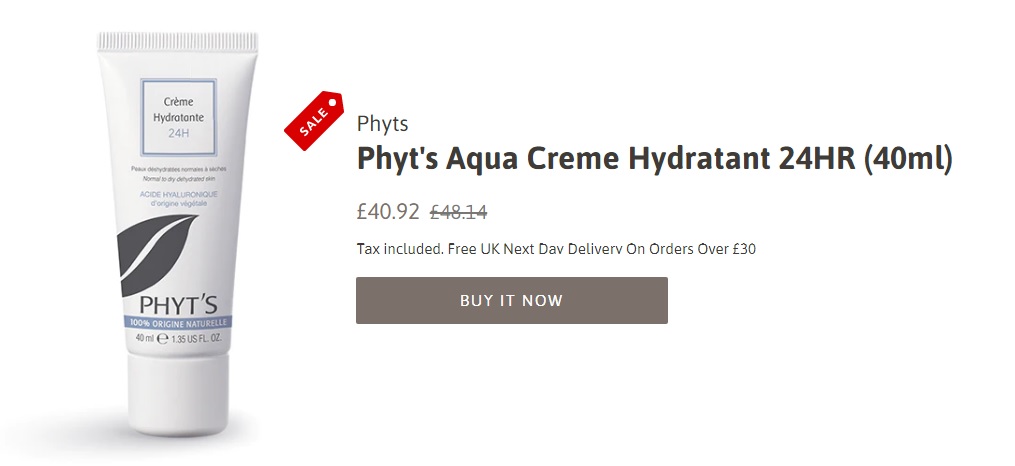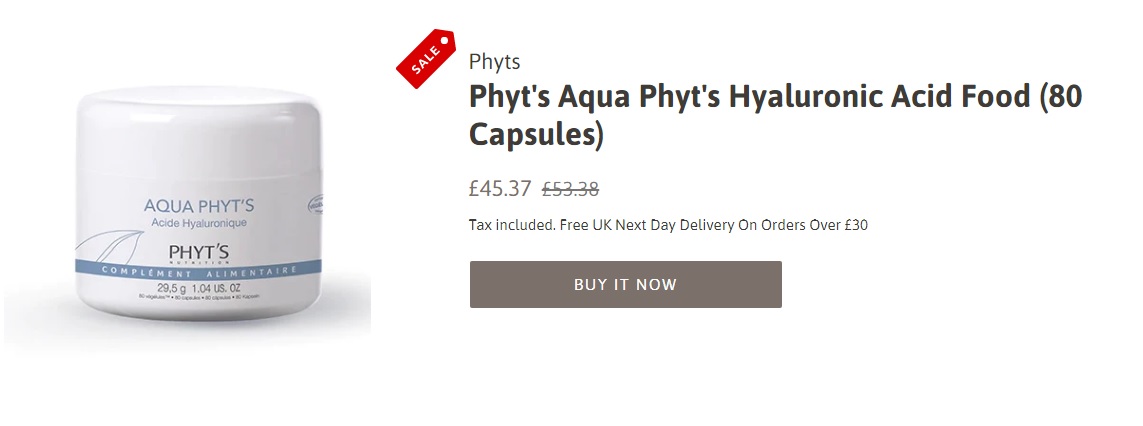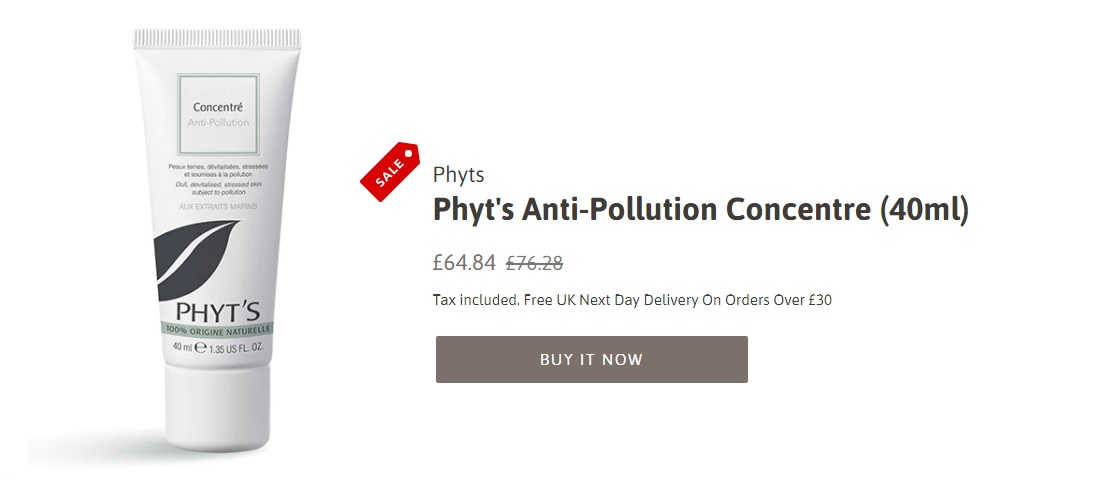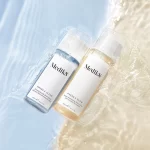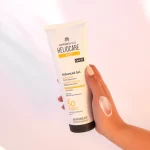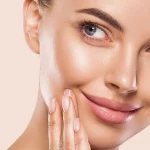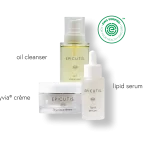Understanding and Combating Dehydrated Skin
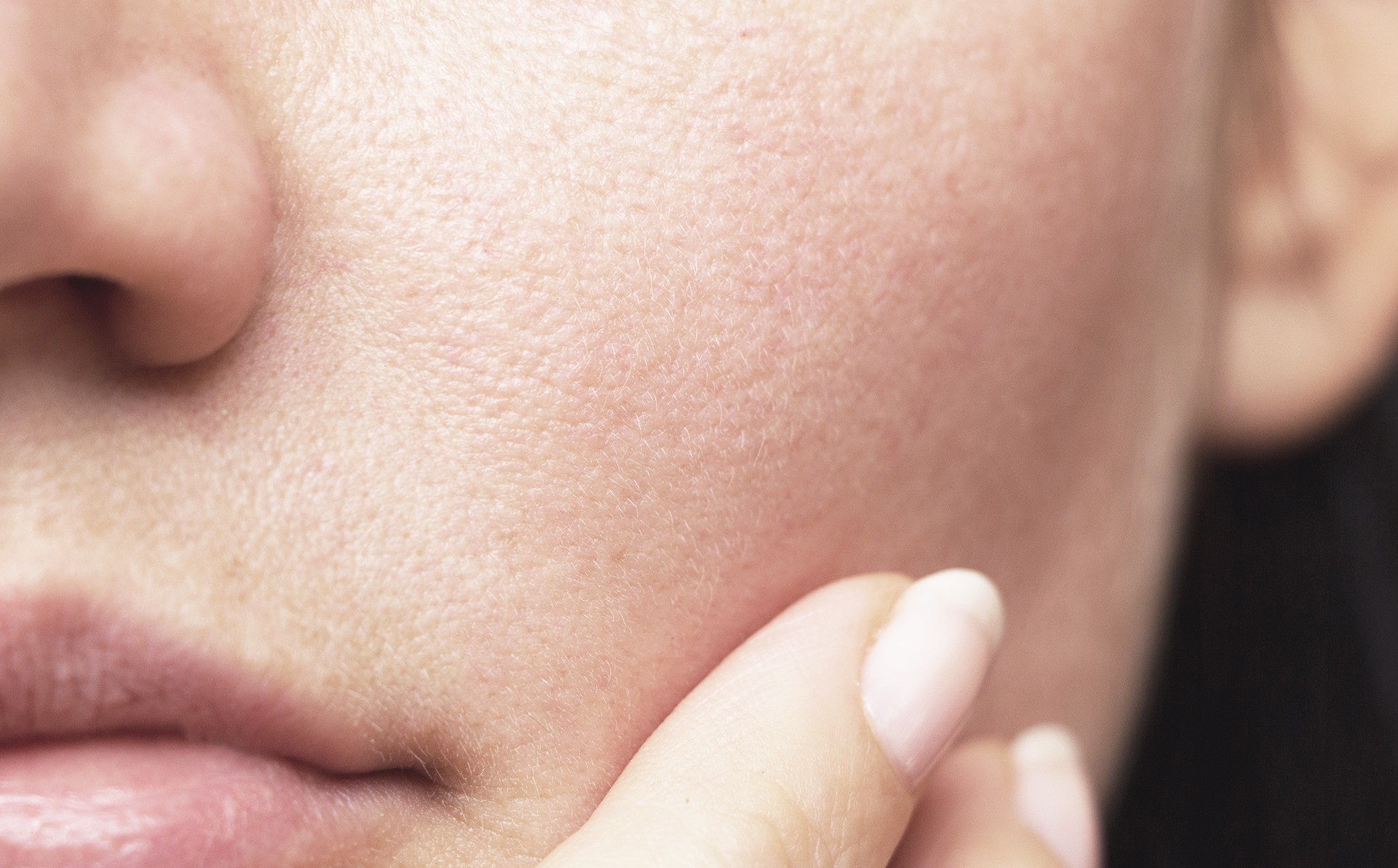
Dehydrated skin is a lot more common than most people think, and that is due to the fact that it can occur in almost every skin type, for example – oily, problematic skin may also be dehydrated. This is because dehydrated skin lacks water, and instead it produces more oil. It distinguishes itself from dry skin as dry skin lacks both water and oil.
Dehydrated skin is skin that has been exposed to different elements causing it to lose moisture.
Are you a makeup wearer? If so, throughout the day does your T-zone get a little oily looking, or does the makeup just… disappear? That sounds like dehydrated skin! When any type of product including the tiniest bit of moisture is applied to the skin, the skin thinks you are feeding it, so it absorbed through the layers of the skin.
Dehydrated skin is usually a little dry, itchy, dull and even flaky.
Dehydrated skin is a temporary skin condition, that can be caused by a number of things – including external factors such as the weather and air conditioning, but also due to some lifestyle choices such as an unhealthy diet, the amount of sleep you are getting, smoking, and too much caffeine intake, and even to the smallest of things like hoe much sleep you are getting per night. Due to this skin condition being temporary, there are many things you can do to help combat it.
Phyt’s, a French, 100% organic certified skin and body care have a range of products designed to help. Introducing Aqua Phyt’s, the skincare range designed entirely for skin that lacks moisture.
The retail range consisting of 8 products, including a micellar water, three moisturisers, a face mask, body lotion and food supplements. And a professional treatment kit, where the product is packaged in vacuum packed pre-measured ampoules for optimum hygiene and efficiency.
Due to this range of products being specially formulated for dehydrated skin, let’s talk about the main ingredients.
Hyaluronic Acid – Hyaluronic acid is a complex natural ingredient that comes in different forms and sizes. A main thing about this ingredient is that it comes with different molecular weights, and these weights determine the results. Hyaluronic acid with a low molecular weight makes it possible to enter the skin and ensures that water is stored in the connective tissue of the skin. Once in the skin, it can hold up to 1,000 times its weight in water and in doing so, gives the skin a soft, plumper texture and more even skin tone. Due to the product entering the skin it has a long-term effect, so you may not see results straight away. However, hyaluronic acid with a high molecular weight is too large of a molecule to penetrate deep into the skin, so it works by forming a barrier with the keratin of the skin. Due to the variant lying on the very surface of the skin, it grabs any moisture in the air and adds it to the skin, which moisturises the skin and improvs its elasticity. This film can be washed off relatively quick, so no real long-term effects occur.
Aloe Vera – When you think of Aloe Vera you typically think of sunburn and avoiding peeling, and how does this product help treat sunburn? Aloe Vera can help cool and soothe the skin, aiding it in moisture helping you avoid the peeling normally associated with sun damage. The gel also stimulates the production of collagen, which helps the skins healing process of regrowing and renewing itself. The Aloe Vera plant itself has a water content of 99.5%, and the remaining 0.05% is packed with nourishing vitamins. Overall, the plant helps to prevent water loss, moisturizes the skin, supports the production and release of collagen, speeds up wound healing time and limits scarring, and can also slow down the process of ageing.
I mean, no wonder it is known as ‘The Miracle Plant’!
